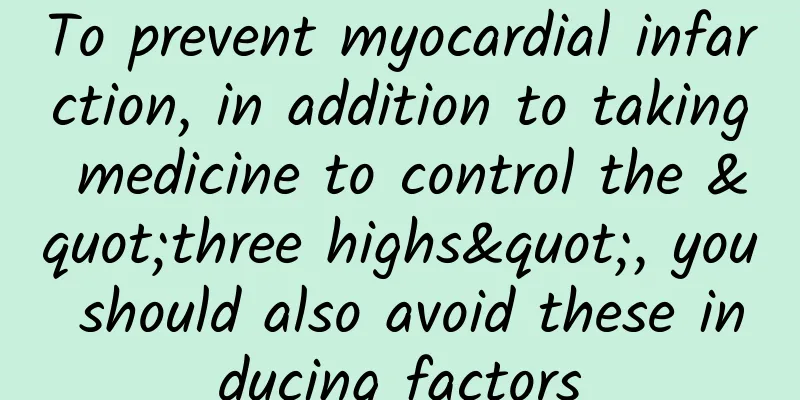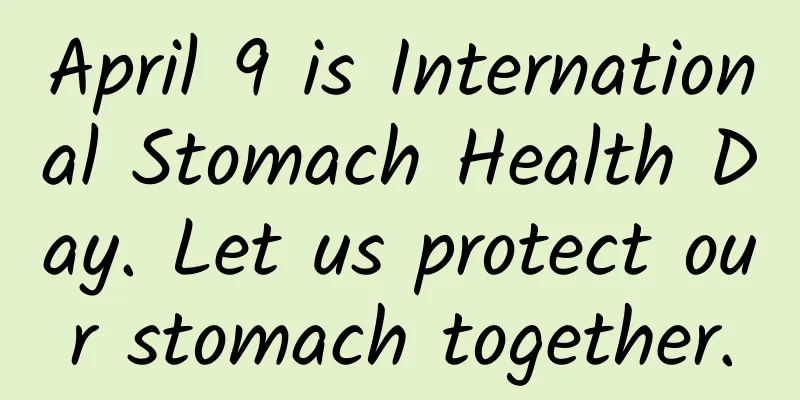How to prevent hand, foot and mouth disease?

|
1. Develop good hygiene habits 1) Wash your hands frequently: Wash your hands before your child eats and after defecating; wash your hands after contacting possible dirt, such as after sneezing or blowing your nose; wash your hands first after returning home from going out. Use running water and soap, and rub for more than 15-30 seconds. Caregivers should wash their hands before touching children, after tidying up children's toys, after changing children's diapers, and after cleaning up feces, and properly dispose of dirt. Family members should wash their hands, faces, and change clothes in time after returning home before touching the baby at home. 2) Pay attention to food hygiene: do not drink raw water, do not eat raw vegetables; fruits must be washed thoroughly, and it is best to peel them before eating; do not eat uncooked meat. 3) Disinfect the living environment and items regularly: For example, children's toys and tableware, those that can withstand high temperatures can be steamed or boiled; those that cannot withstand high temperatures can be exposed to the sun or disinfected with ultraviolet rays. You can also wipe with chlorine (bromine) disinfectants, but 75% alcohol is ineffective against enterovirus. Open windows for ventilation every day and dry clothes and quilts frequently. 4) Avoid contact with sick children and avoid crowded places: Especially in the season when diseases are prevalent, try not to join in the fun and do not take your children to play in crowded and poorly ventilated places. When playing outside, do not let your baby put his fingers in his mouth or touch public toys. 2. Hand, foot and mouth disease vaccination The hand, foot and mouth disease vaccine developed in my country is an inactivated vaccine against EV-71. The vaccination age is 6 months to 5 years old, with a total of 2 injections, at least 1 month apart. This vaccine can effectively prevent hand, foot and mouth disease caused by EV71 virus and reduce the occurrence of severe cases. Therefore, vaccination is very necessary. Because the younger the child, the greater the chance of severe hand, foot and mouth disease, so the earlier the vaccination, the better, it is recommended to complete the vaccination before the child is 1 year old. Studies have shown that after vaccination, the protection rate is over 90%, the effective protective antibodies can last for 5 years, and the vaccine strain has cross-protection against different subtypes of EV71. Therefore, for children who have completed the vaccination program and have indeed had hand, foot and mouth disease infected with EV-71, there is no need to vaccinate again. However, the vaccine has no cross-protection against hand, foot and mouth disease caused by other enteroviruses, which means that you may still get hand, foot and mouth disease after being vaccinated. You must also pay attention to good hygiene habits, which is the basis for preventing diseases. |
>>: What is media in computers? What is the abbreviation of the first electronic computer?
Recommend
Vulvar boils
The situation of vulvar boils is mainly related t...
What does it mean when a girl says you are cute? How do you respond when a girl says you are cute?
When a girl says to a boy, "You are so cute,...
How long after changing the ring can I have sex
The IUD has a certain service life. If it falls o...
What foods can women use to supplement estrogen?
If the estrogen in the body is unbalanced, endocr...
GSMA: Sub-Saharan Africa Mobile Economy Report 2024
The GSMA has released its Sub-Saharan Africa Mobi...
Why do I have yellow discharge more than 40 days after a caesarean section?
As cesarean section technology becomes more and m...
Pregnant women's nipples cracked
During pregnancy, pregnant women will experience ...
Can you eat expired chocolate that has been refrigerated? What to do with expired chocolate?
Chocolate is made from a mixture of various ingre...
Can I drink coffee during my menstrual period? Is there any harm in drinking too much?
Drinking coffee has now become a daily habit for ...
What to do if you have pubic pain after childbirth
We all know that if women do not adjust their bod...
Can I style my hair while breastfeeding?
Breast milk is the feeding method chosen by most ...
What is the cause of long-term vaginal itching?
For many people, genital itching is a common symp...
What to do during pregnancy itchy skin
For a pregnant mother, having a child is a wonder...
How long can I breastfeed after drinking alcohol during breastfeeding?
Babies drink their mother's milk after they a...
Is it okay to have sex before my period is over?
Menstruation takes three to seven days to come, a...









